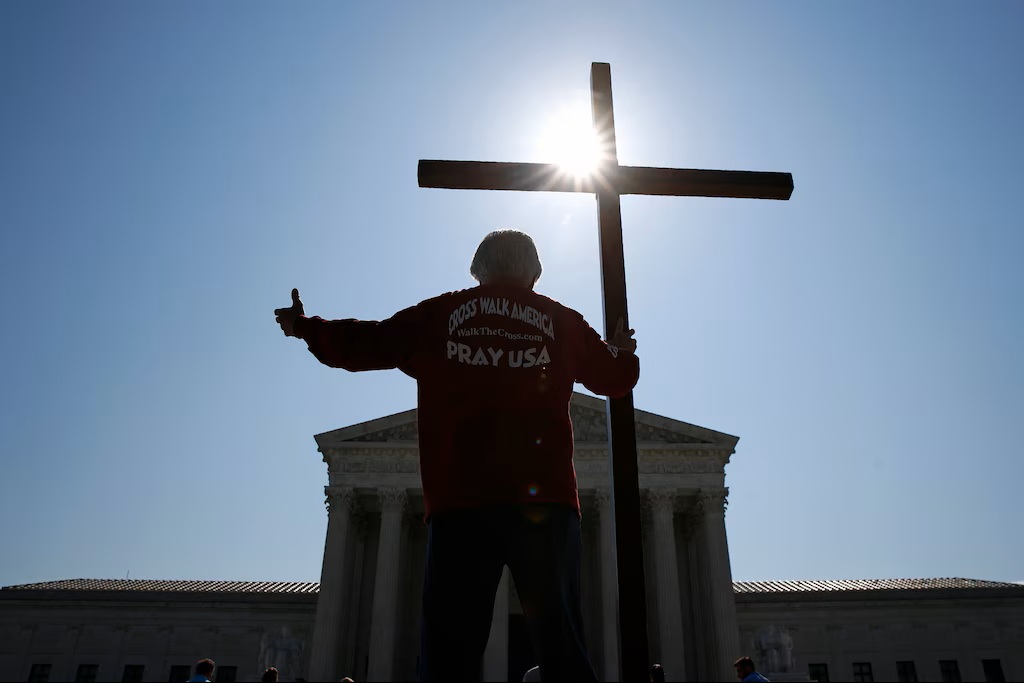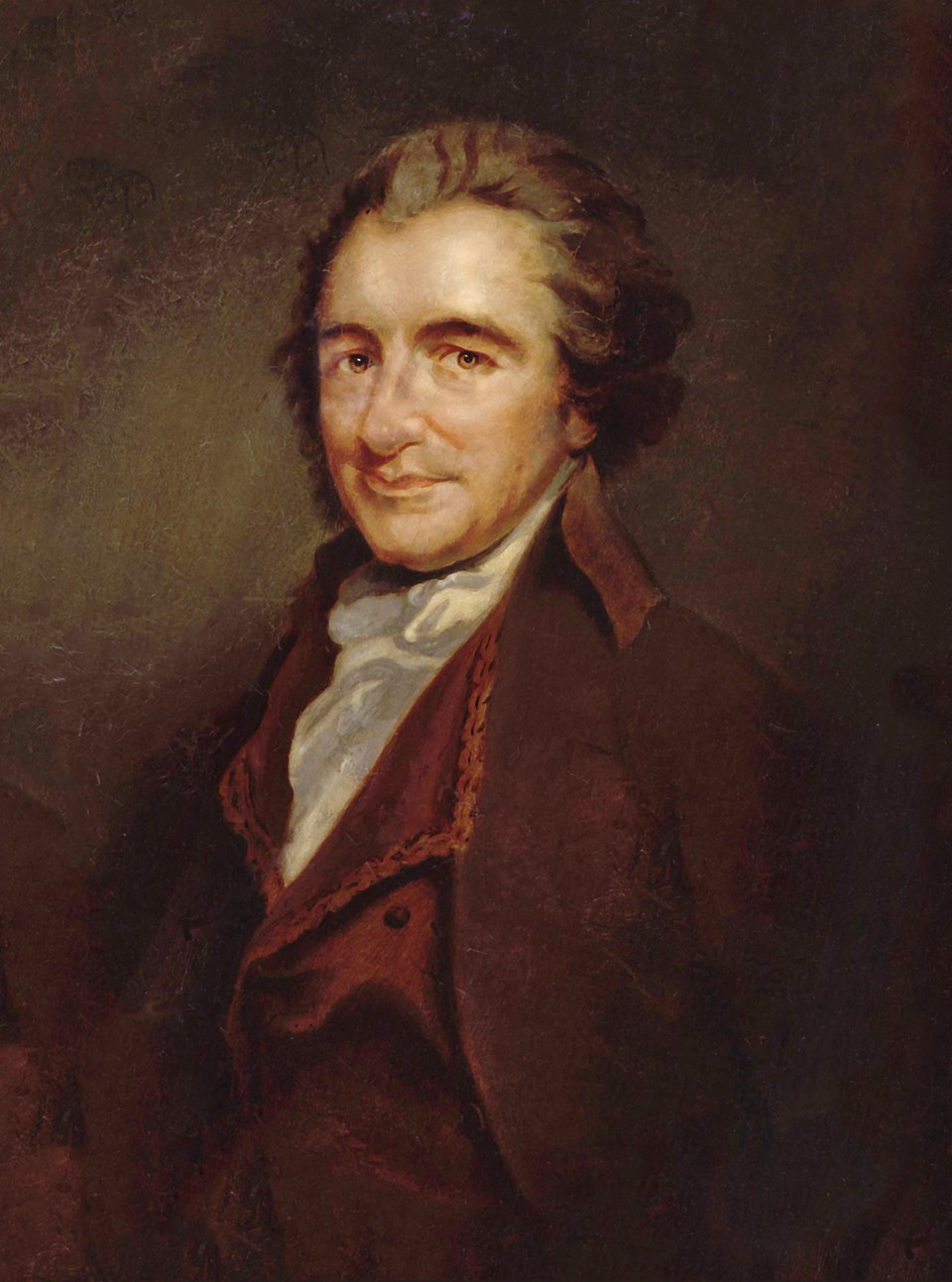Okay, you’re registering for Fall classes at… oh, let’s say, The New Hampshire Technical Institute in that charming little town of Concord just a stone’s throw from Manchester.

But wait… there’s been a last minute change in the required class of Contemporary Ethical Issues. Instead of Professor Stephen Ambra, this semester’s class will be taught by former White House Counsel for President Richard M. Nixon, John Dean.
John Dean? The same John Dean who was deeply embroiled in all that Watergate business; the one who was busy covering Nixon’s ashtabula until he was subpoenaed himself to appear before a congressional committee and decided it was better to come clean in order to protect his own? THAT John Dean? He’s the one teaching Ethics!?
And that’s exactly the point Dean is making.
“I helped write the book of what not to do, so I’m hopeful that people can learn from that – and not make the mistakes I did,” Dean said in an interview for The New York Times.
Watergate has become shorthand for the greatest political crime of the 20th century: the break-in at Democratic National Committee headquarters in June, 1972 at the Watergate complex in Washington, DC that led reporters Woodward and Bernstein to uncover a much larger conspiracy to protect covert operations by the Nixon administration which ultimately led to Nixon’s resignation in August, 1974.
“James D. Robenalt, a lawyer in Cleveland who developed the course with Mr. Dean,” reporter John Schwartz writes, “said the [half-day] course would contrast Mr. Dean’s very limited options at the time with those available to today’s lawyers, armed with reforms inspired by Watergate.
“In 1972, Mr. Dean had few obvious options other than to serve his bosses, Mr. Robenalt said.”
Back up a minute… what was Dean’s reasoning for protecting a president involved in criminal wrongdoing?
“Ethical standards were vague,” Schwartz writes, “and the requirement to zealously defend one’s client paramount. Under the circumstances of the rules in force in the District of Columbia at the time, the best a lawyer could have done might have been to resign rather than report the wrongdoing.”
Where have we heard that before?
“It was not my fault. I was only following orders.”
Essentially, that was the argument put forth by Nazi officials on trial for war crimes at the end of the World War II. However, the judges didn’t buy it. They told the accused that it was a soldier’s duty to stand-up in the face of an illegal act, particularly those acts involving the murder of civilians or prisoners of war no matter the consequences, to do what is right. They had to face the responsibility of their actions.
While Dean acknowledged his mistakes in protecting Nixon and served four months in prison, is he the best person to teach ethics?
And I would argue that while he may not be the “best,” if he is sincere in his mission about alerting us – and particularly, lawyers – to the real impact ethics has on our lives, then I say, great! Dean’s class could make for a lively and effective reminder to all of us as to the real consequences of unethical behavior by his own example.
However, I question Dean’s original argument for not doing the right thing regarding the Nixon White House from the beginning. While Dean may be technically right in protecting his client in the context of 1972 American law, he could very well be guilty of violating one of the Nuremberg principles.
At the end of the trial of Nazi war criminals, the Nuremberg Tribunal put forth “Principles of International Law Recognized in the Charter of the Nuremberg Tribunal…” The principles were adopted by the International Law Commission of the United Nations in 1950 – twenty-two years before Watergate.
Principle IV states: “The fact that a person acted pursuant to order of his Government or of a superior does not relieve him from responsibility under international law, provided a moral choice was in fact possible to him.”
In other words, following the direction of your superior, boss or client does not absolve you of the moral responsibility of your choice. If Dean believed wrongdoing was taking place – as his subsequent congressional testimony makes clear – he had a moral duty, by international law, to come forward. While the stakes may not have involved murder, criminal wrongdoing is wrongdoing and that, I believe, is the both the spirit and intent of Principle IV.
Ethics is not about legal compliance. As Justice Potter Stewart reminds us, “There is a big difference between what you have a right to do and what is right to do.” While we are constantly challenged by social and professional pressures, an ethical person strives to do the right thing, no matter the personal or professional consequences. Easy to say, much more difficult to live up to.
Robenalt announced that after the initial course offering in Chicago, the two intend to “take their show on the road, with $300-a-head classes already planned for Ohio, New York, Washington and California.”
Three-hundred bucks a head?
I think I’ll wait until Professor Ambra returns to the classroom.
Comments











